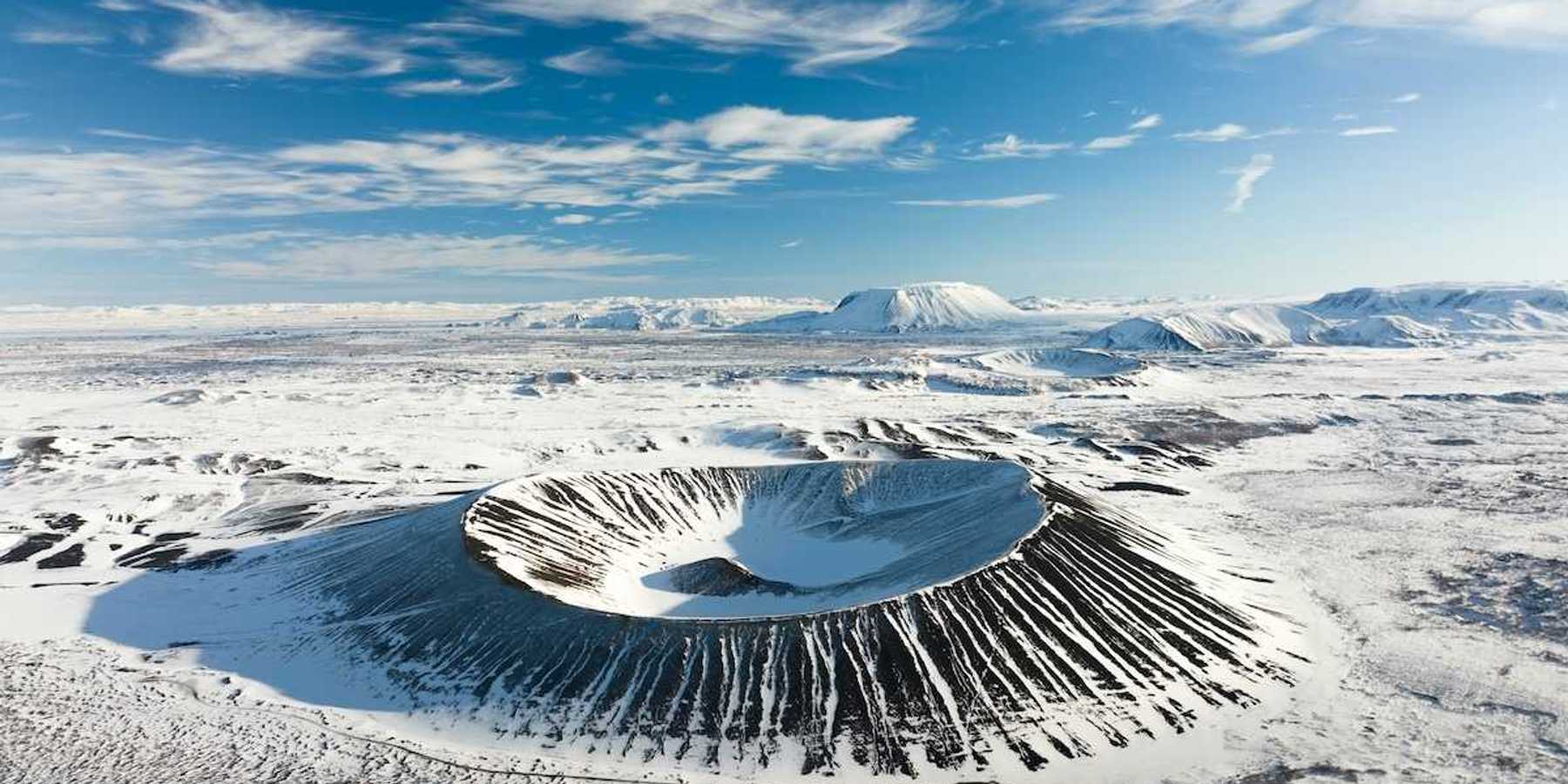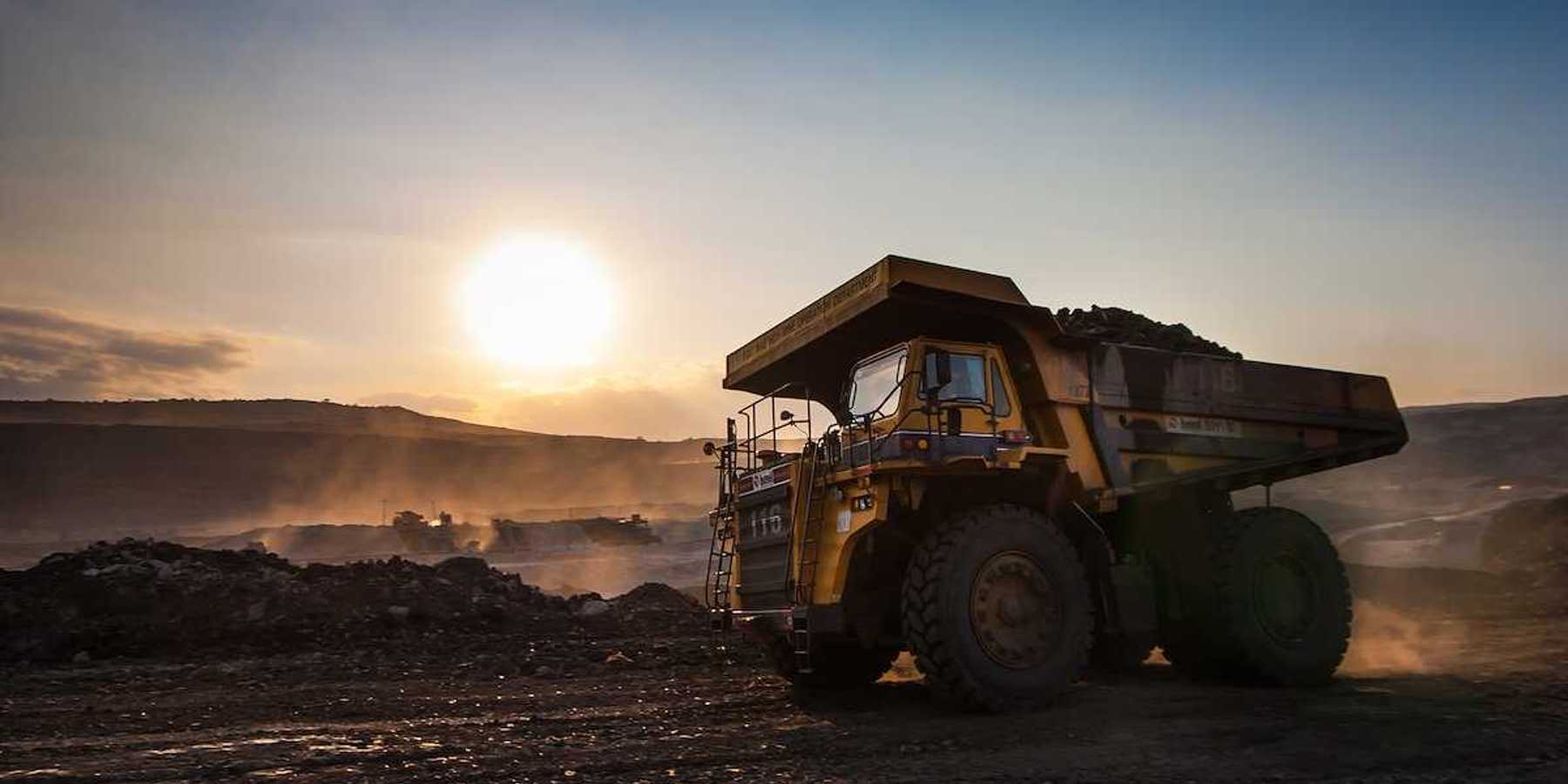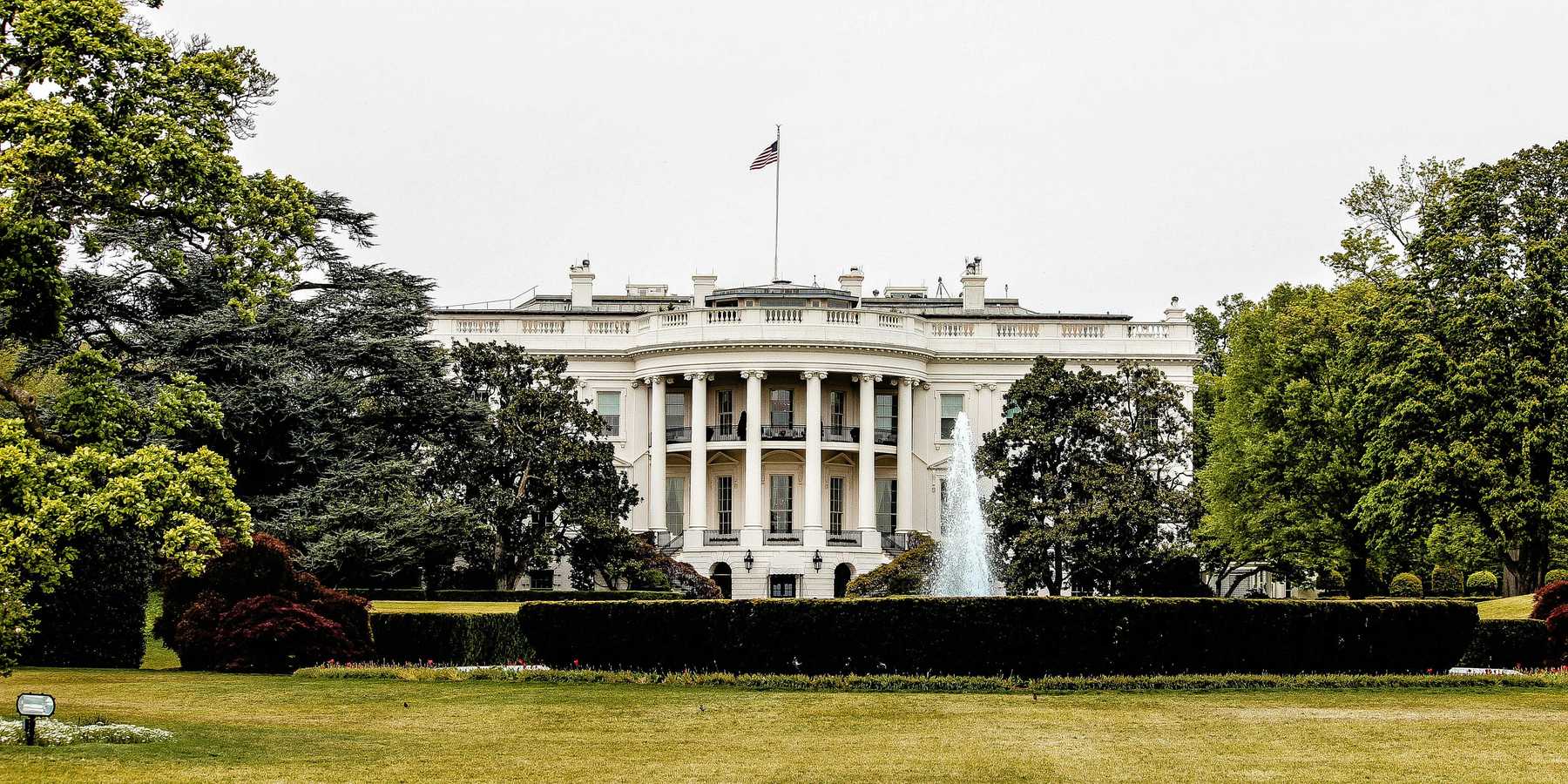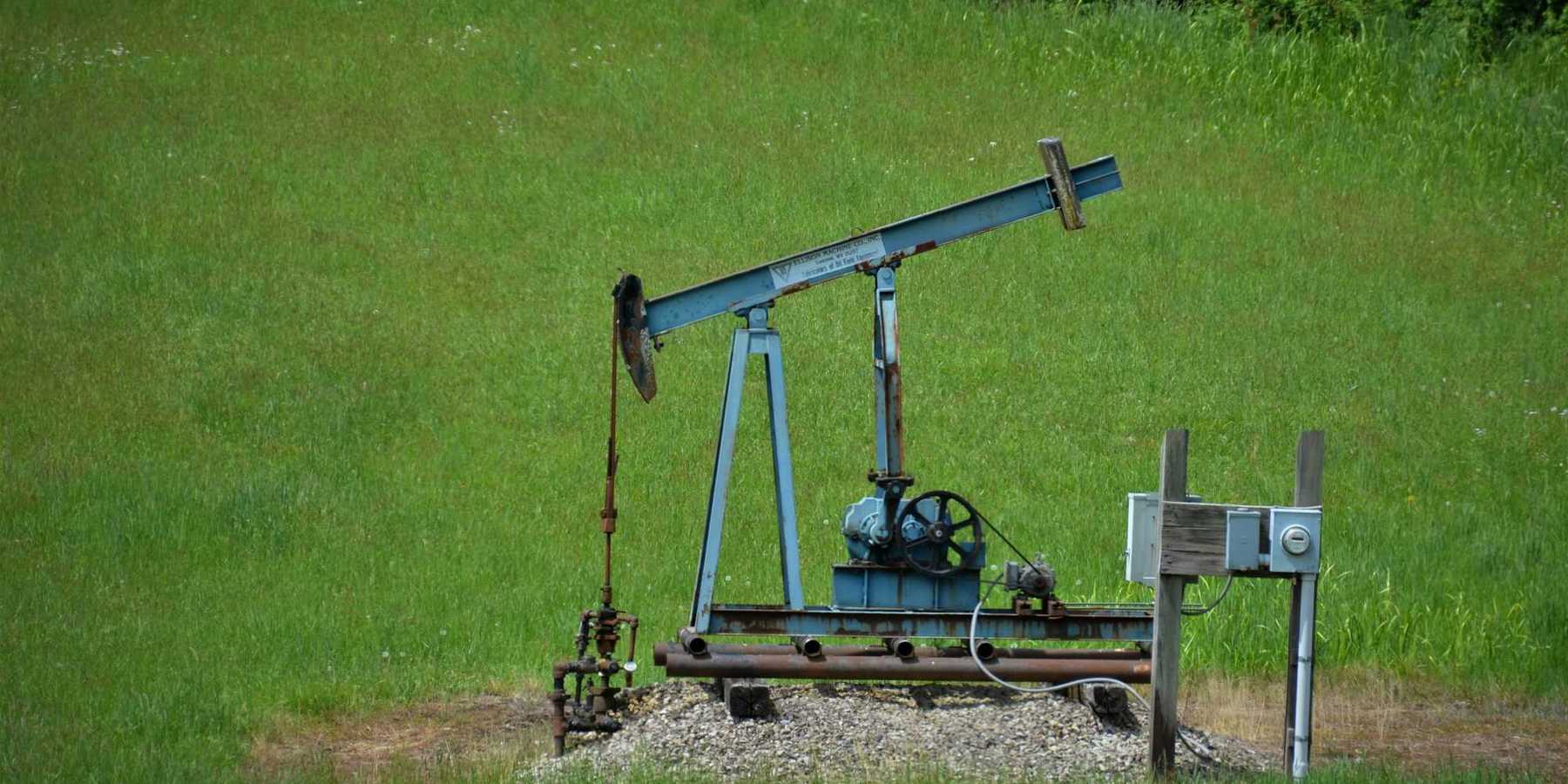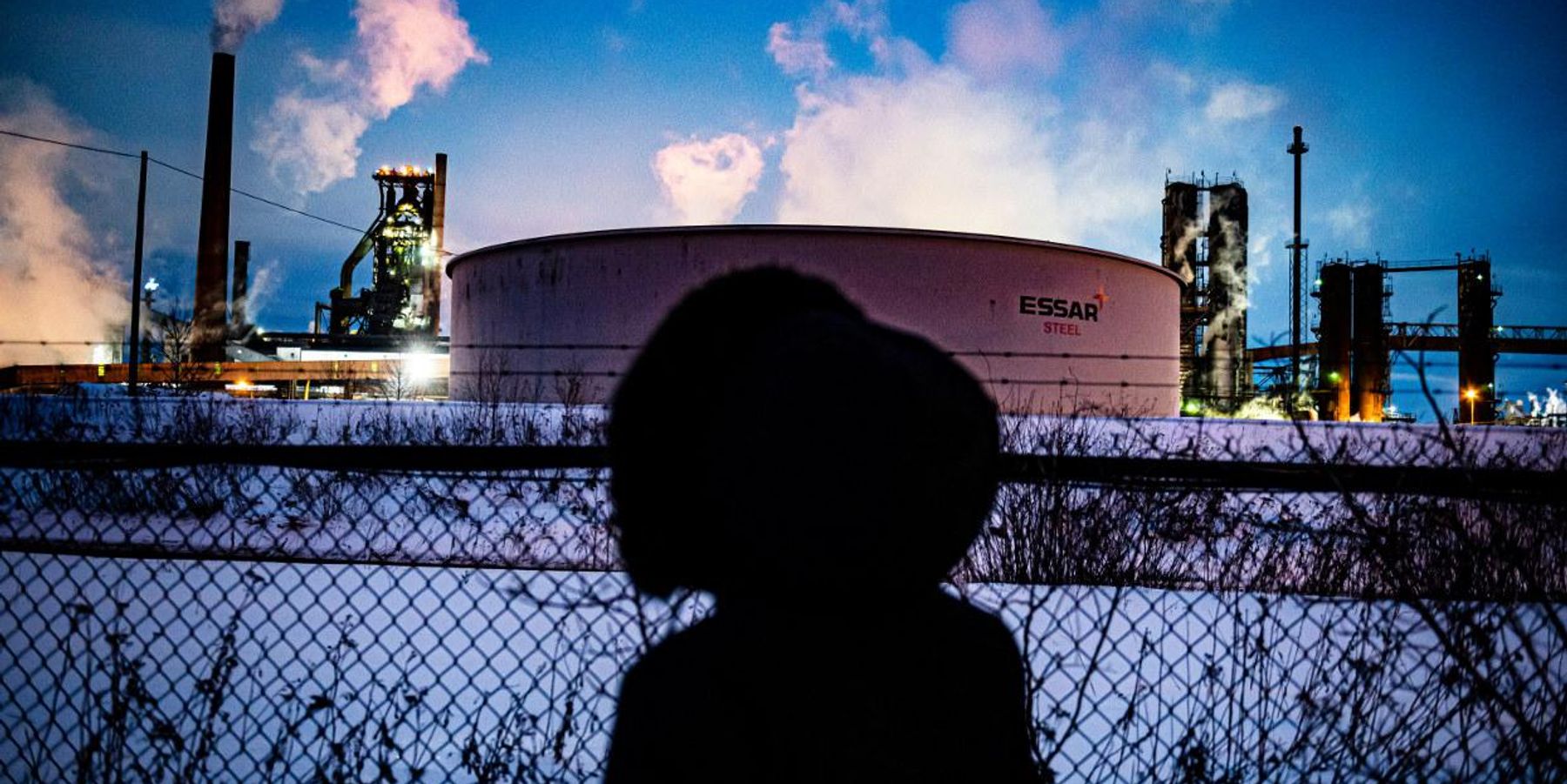
Our top 5 long reads of 2020
In-depth reporting that you may have missed.
We've made it to the final week of 2020—a big accomplishment in a year that felt never-ending.
With the holidays here, you may have a little more time to relax. Wondering what to do with that time? We've got you covered.
Kick up your feet, grab a mug of your favorite hot drink and settle in to catch up on our top five long reads of the year. From the ocean floor to the forests of North Carolina to the blustery North, below are our top investigations and features.
1. Unplugged: Abandoned oil and gas wells leave the ocean floor spewing methane
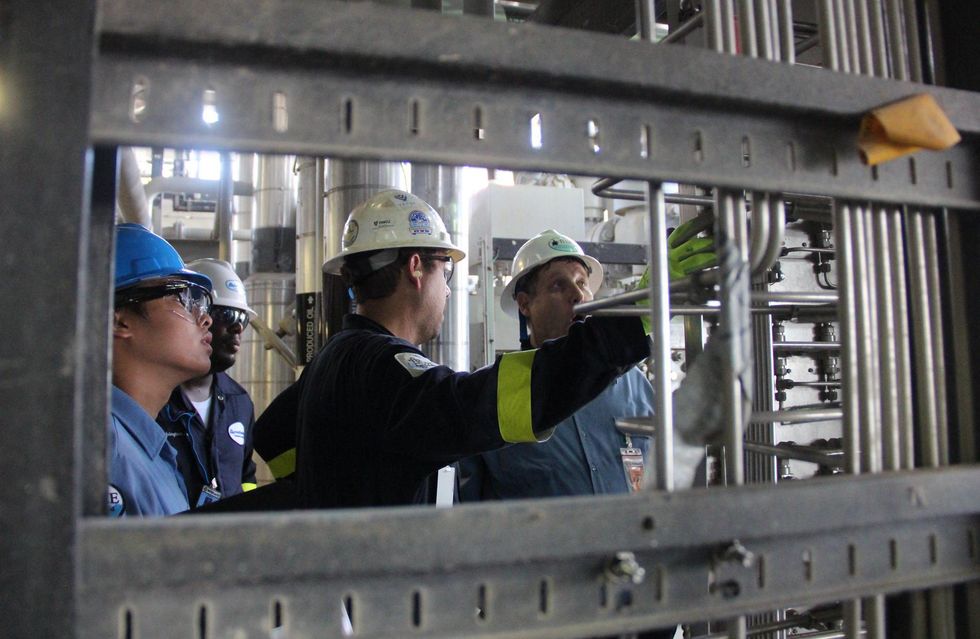
The Gulf of Mexico is littered with tens of thousands of abandoned oil and gas wells, and toothless regulation leaves climate warming gas emissions unchecked.
2. How Europe’s wood pellet appetite worsens environmental racism in the US South
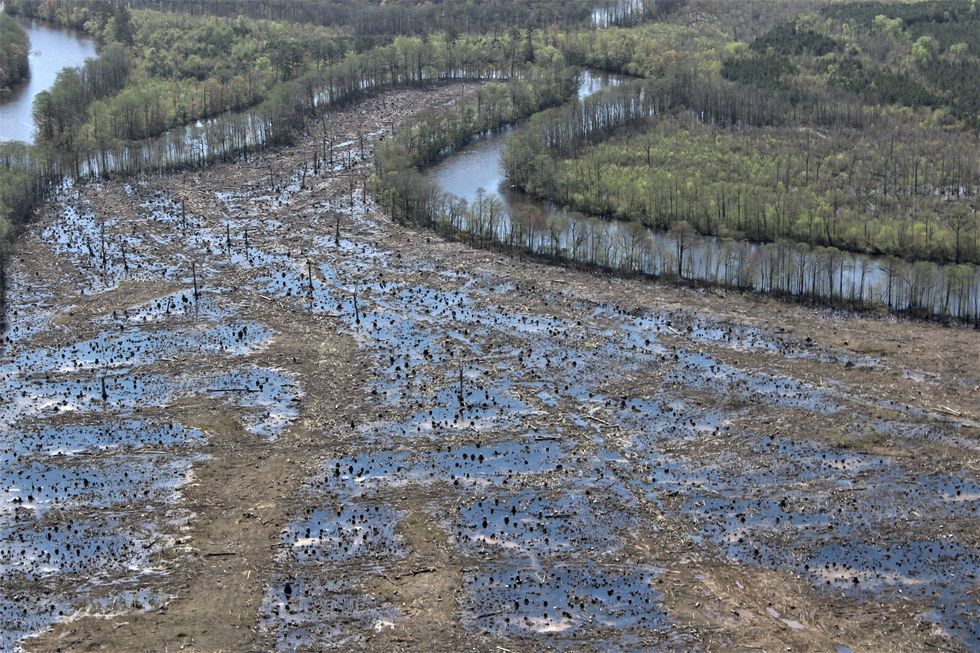
An expanding wood pellet market in the Southeast has fallen short of climate and job goals—instead bringing air pollution, noise and reduced biodiversity in majority Black communities.
3. ‘Them plants are killing us’: Inside a cross-border battle against cancer and pollution
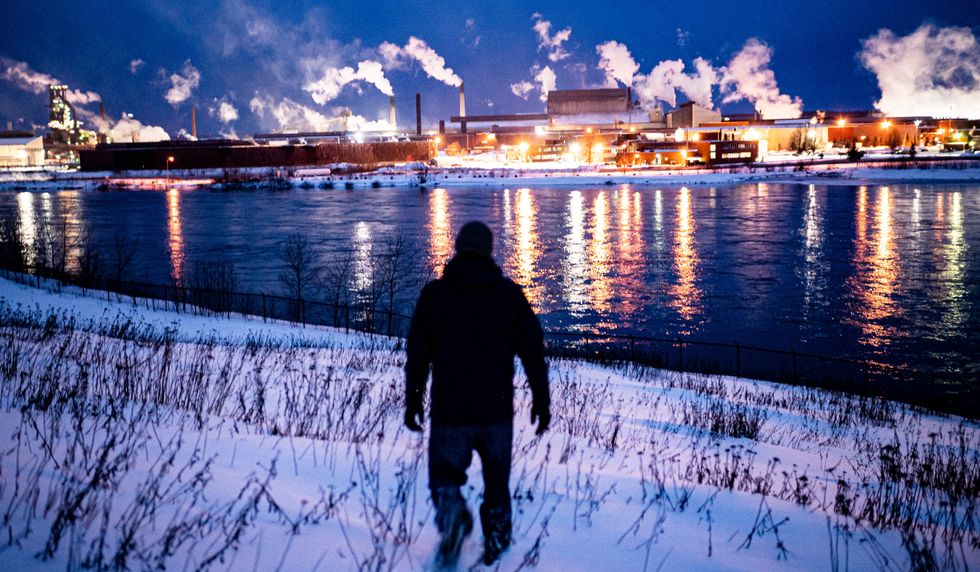
Two communities — one in Canada, one in the U.S. — share both a border along the St. Marys River and a toxic legacy that has contributed to high rates of cancer. Now the towns are banding together to fight a ferrochrome plant.
4. Microplastics in farm soils: A growing concern

Researchers say that more microplastics pollution is getting into farm soil than oceans—and these tiny bits are showing up in our fruits, veggies, and bodies.
5. Exempt from inspection: States ignore lead-contaminated meat in food banks
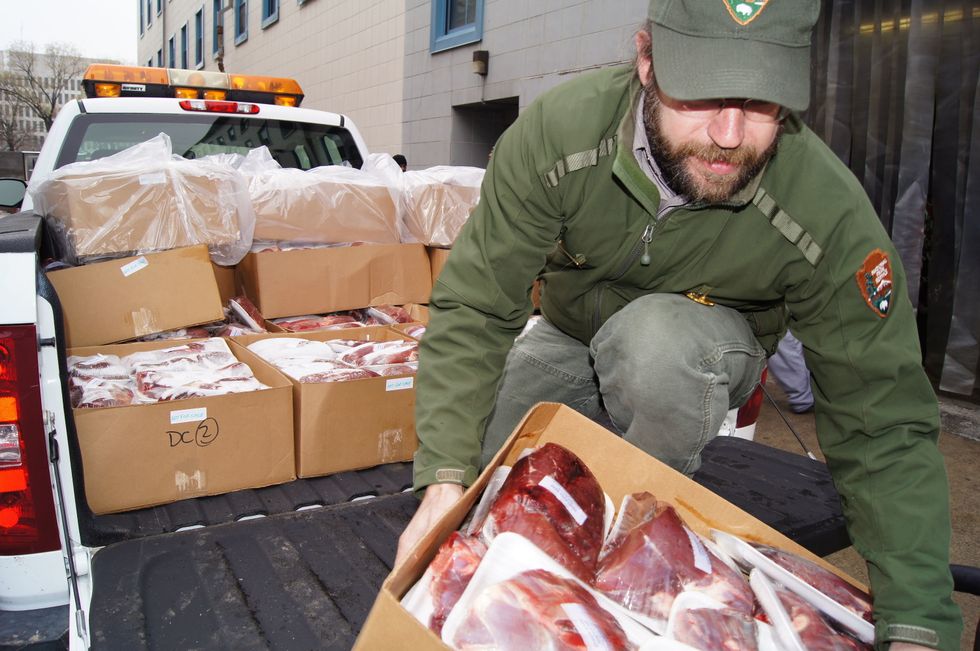
Hunter-donated meat provides crucial protein to US food banks. But an EHN investigation found a lack of oversight that could result in potentially hundreds of thousands of lead-contaminated meals this year.
Banner photo: The Algoma steel plant after sunset, in Sault Ste., Marie, Ont., on Friday, Jan., 17, 2020. (Credit: Christopher Katsarov Luna/EHN)




